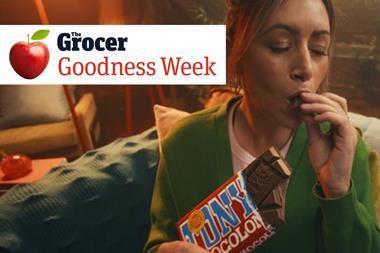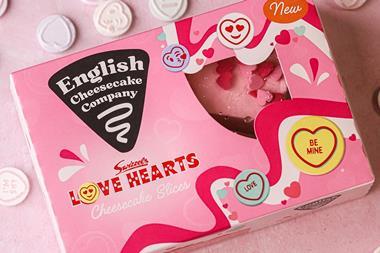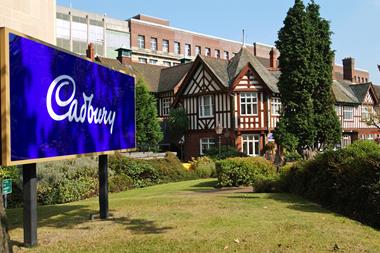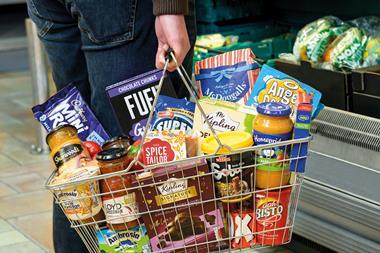When I read a headline about Hurricane Irene at the weekend, I thought at first this was a reference to Irene Rosenfeld, and the damage she was set to wreak on Cadbury.
In the end, Irene turned out not to be the apocalyptic big-city disaster scene that many were predicting at the time. I wish I could say the same about Rosenfeld’s disastrous capitulation on the Kraft/Cadbury merger.
But my thoughts turned to Kraft again this week as I pondered the predicament at Premier Foods, and the apparent ‘Mission Impossible’ facing incoming CEO Michael Clarke.
By a curious coincidence, Clarke spent the last two years at Kraft, and was ‘credited’ (if that’s the right word) with successfully integrating Cadbury into Kraft’s European operations near Zurich.
Or was it a coincidence? While Rosenfeld’s bombshell decision effectively decouples Cadbury from Kraft, it is essentially a geography-based reorganisation, with the new businesses split between a US-based operation comprising grocery brands and the rest of the world, including the Cadbury and Milka confectionery business, but also the UK-based coffee business and the Zurich-based dairy operations, including Dairylea and Philadelphia.
That the unification of Kraft and Cadbury has so palpably failed was thought to demonstrate that a conglomerate can’t be effective. But while I subscribe to the view that Cadbury’s global but focused strategy was the right one to achieve fast growth, the fact is Kraft’s low-growth US-based conglomerate Oscar Mayer hot dogs, Cool Whip frozen toppings and Jell-o etc is enormously profitable and cash-generative.
Could the same be true for land-locked Premier Foods? At the moment, that seems a long way off. But from Clarke’s time at Kraft, experience shows it can still be done. I wish him luck.
Sign in to comment on this article
Not logged in before? Register for FREE guest access today.
You will be able to:
- Read more stories
- Receive daily newsletters
- Comment on stories
Advert



















No comments yet